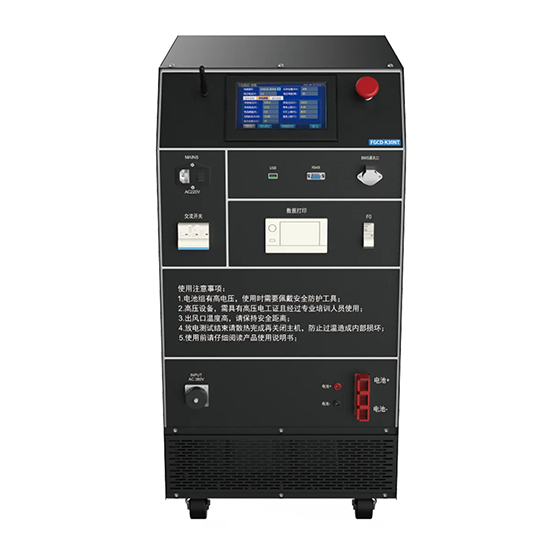
# Battery Discharge Tester: Essential Tool for Safe and Efficient Power Management
## Understanding Battery Discharge Testers
A battery discharge tester is a specialized device designed to measure the capacity and performance of batteries by systematically draining them under controlled conditions. These testers play a crucial role in maintaining battery health, ensuring safety, and optimizing power management across various applications.
## Why Battery Discharge Testing Matters
Regular battery discharge testing offers several important benefits:
– Accurate capacity measurement
– Identification of weak or failing cells
– Prevention of unexpected power failures
– Extended battery lifespan through proper maintenance
– Safety assurance by detecting potential hazards
## Key Features of Quality Battery Discharge Testers
Modern battery discharge testers come equipped with various features that enhance their functionality:
### Precision Measurement Capabilities
High-quality testers provide accurate voltage, current, and capacity readings, often with precision down to 0.1% for professional-grade models.
### Multiple Battery Compatibility
The best testers support various battery types including:
– Lead-acid batteries
– Lithium-ion batteries
– NiMH batteries
– Alkaline batteries
### Advanced Safety Features
Built-in protections typically include:
– Over-voltage protection
– Over-current protection
– Reverse polarity protection
– Temperature monitoring
## Applications Across Industries
Battery discharge testers find use in numerous sectors:
### Automotive Industry
Technicians use these testers to evaluate starter batteries and ensure vehicle reliability.
### Renewable Energy Systems
Solar and wind installations rely on battery testers to maintain their energy storage systems.
### Data Centers
Critical backup power systems require regular testing to guarantee uptime during outages.
### Consumer Electronics
Manufacturers test device batteries to ensure they meet specified capacity claims.
## Choosing the Right Battery Discharge Tester
When selecting a tester, consider these factors:
– Voltage range compatibility
– Current discharge capacity
– Data logging capabilities
– User interface and ease of use
– Portability requirements
– Budget constraints
## Best Practices for Battery Discharge Testing
To get the most accurate results and maintain safety:
– Always follow manufacturer guidelines
– Test in a well-ventilated area
– Monitor tests regularly
– Record and analyze historical data
– Calibrate equipment periodically
## The Future of Battery Testing Technology
Emerging trends in battery discharge testing include:
– Wireless connectivity for remote monitoring
– AI-powered predictive analytics
– Integration with battery management systems
– Faster testing protocols
– Enhanced visualization tools
By investing in a quality battery discharge tester and implementing regular testing protocols, organizations and individuals can significantly improve their power management strategies, reduce downtime, and enhance overall safety.
Keyword: Battery Discharger
